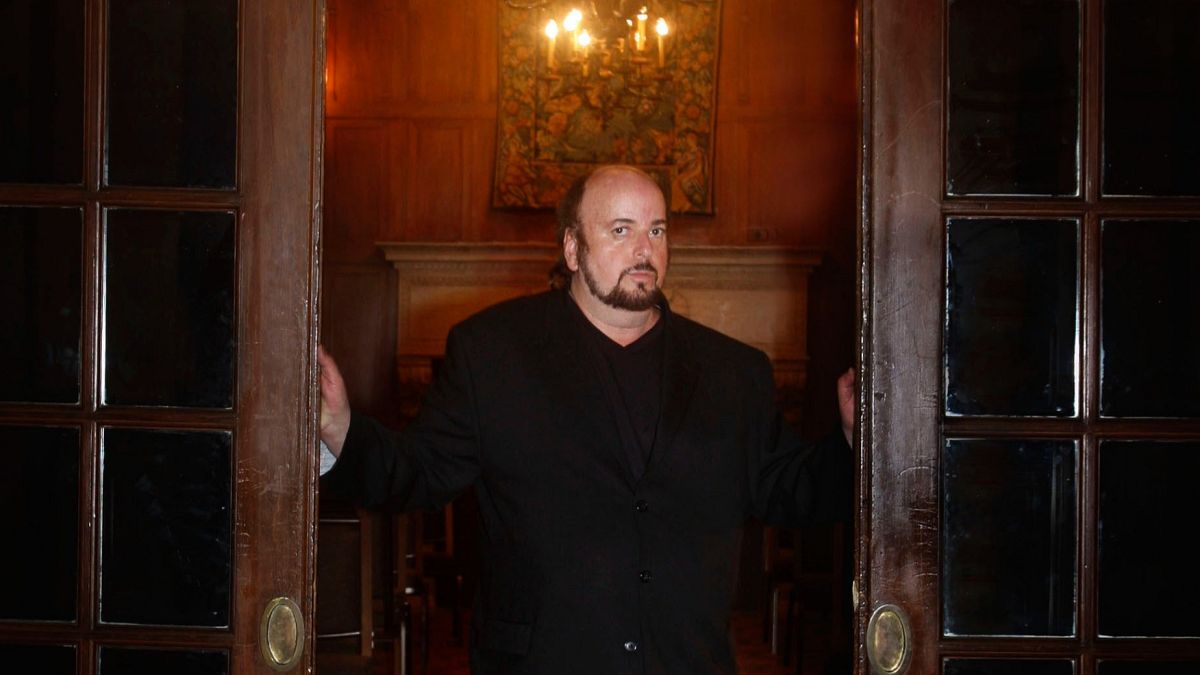The Ashmolean Museum raised nearly £4.5 million (€5.4 million) to stop Fra Angelico’s The Crucifixion being sold overseas.
Oxford’s Ashmolean Museum paid the impressive sum to prevent the rare Italian Renaissance painting from leaving the UK after more than 200 years.
Fra Angelico's “The Crucifixion” was set to be sold to an overseas buyer last year, but due to its cultural significance and value to the UK, the culture secretary granted a nine-month deferral in January. This allowed the museum – the University of Oxford's museum of art and archaeology, founded in 1683 – time to secure the necessary funds to acquire the artwork, which dates from the 1420s.
The painting will now be one of the few works by Fra Angelico, a Dominican friar and one of the principal painters of the Early Renaissance in Florence, in British public collections.
Going forward, it will be displayed for undergraduate teaching at the University of Oxford and shown to schoolchildren as part of educational programmes. The museum announced last week that “The Crucifixion” will go on public display from December.
The University of Oxford said acquisition was made possible thanks to lead donations from the Ashmolean’s Chairman, The Lord Lupton CBE, and David and Molly Lowell Borthwick; major grants from the National Heritage Memorial Fund, Art Fund, and The Headley Trust; over fifty major donors; and a successful public appeal.
Fra Angelico’s “The Crucifixion” will become part of the Ashmolean’s already renowned collection of Italian Renaissance art, which includes works by Paolo Uccello, Titian, and significant drawings by Raphael and Michelangelo. The addition of Fra Angelico’s masterpiece will be the catalyst for a complete rehang of its Italian Renaissance galleries, which have not been updated since 2009.
"Fra Angelico’s Crucifixion is a wonderful acquisition for the Ashmolean, building on and transforming our early Renaissance collection,” said Dr Xa Sturgis CBE, Director of the Ashmolean.
“I am thrilled that Angelico’s Crucifixion will enter public ownership for the first time allowing Ashmolean visitors the opportunity to experience his painterly skills and ability to evoke profound emotional and psychological states first hand,” added Professor Jennifer Sliwka, Head of the Department of Western Art at the Ashmolean Museum.

 4 months ago
39
4 months ago
39






 We deliver critical software at unparalleled value and speed to help your business thrive
We deliver critical software at unparalleled value and speed to help your business thrive






 English (US) ·
English (US) ·